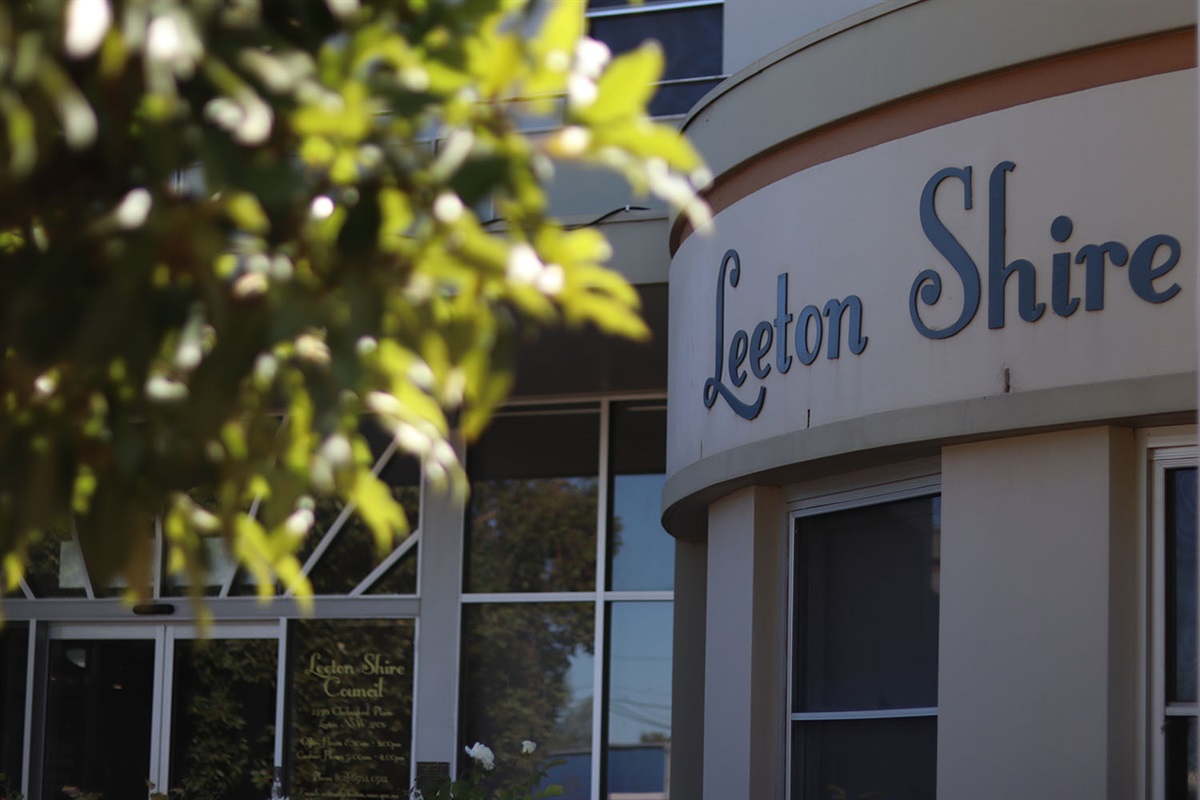Tonight’s Federal Budget must address the surging cost-of-living, which is making it impossible for a growing number of Australians to pay for life’s essentials—a safe and affordable home, food, utilities and medical care.
St Vincent de Paul Society National President Claire Victory said charities are experiencing a sharp increase in demand as more and more Australians slip into poverty.
‘The charity sector is witnessing a spike in demand as Australians already struggling to cope with the surging cost-of-living, are asked to pay the price for successive governments’ neglect of the crumbling foundations of a fair Australia,’ Ms Victory said.
‘This has been compounded over recent years by the cumulative impact of the COVID pandemic and natural disasters that have pushed Australians to their limits and exposed how far as a nation we have drifted from the promise of a “fair go”.
‘Our team in NSW, for example, has spent $8.3 million in the last financial year helping stretched and struggling Australians, 26 per cent of whom were accessing assistance for the first time.
‘Almost all needed help with food and more than half with housing. The picture is the same across the country, where more and more Australians are struggling to survive,’ Ms Victory said.
The spike in demand coincides with two factors that are undermining the charity sector’s capacity to respond to the growing needs of vulnerable Australians.
Firstly, volunteering has been challenged by COVID, which left people unable to leave their homes and with understandable concerns about moving about in the community. Secondly, more and more Australians are finding it tough to survive and so have less to spare with which to support others.
‘Simply put, when the Treasurer stands up to deliver tonight’s Federal Budget, community resources and resilience are spent,’ Ms Victory said.
‘That is why is it critical that the Government provides immediate support for vulnerable Australians who cannot live on the promise of help in the future when times are better: the wellbeing of vulnerable Australians can’t wait,’ Ms Victory said.
There are three critical areas of immediate need: income support, housing, and emergency support for people seeking asylum.
The current JobSeeker rate condemns around 830,000 Australians to live $150 below the poverty line each fortnight. This is simply unacceptable in Australia. Programmed CPI increases do very little to improve the position of people in need – these increases only reflect the fact that inflation is soaring and do nothing to address the abysmally low base rates for these payments.
‘Working age payments have not kept up with the cost of living and Australians’ unemployment payment rates are among the lowest out of 37 members of the OECD. This situation is getting worse every day the Government fails to act, as inflation, interest rates and the cost-of-living surges higher.
‘We have called on the Government to increase the base rate of working age payments. A $23 per day increase would bring these payments into line with pensions. Even a more modest increase of either $10 or $15 per day would lift up to one million people out of poverty,’ Ms Victory said.
The second priority area for immediate action in the budget is safe and affordable housing.
‘Housing is simply unaffordable for many Australians and rental costs have skyrocketed, particularly in regional Australia where they have risen 12.5 per cent in the last year. Commonwealth Rent Assistance (CRA) has not kept up with these rental increases,’ Ms Victory said.
AHURI has found that improvements to CRA’s eligibility requirements would generate savings that could be redirected to better assist those in need. This includes the one-third of CRA recipients whose housing costs currently exceed 30 per cent of their income, even after CRA is deducted from rents; or the 246,000 or 18 per cent of low-income private renters who pay rents that exceed 30 per cent of their income but are ineligible for CRA. The Society supports National Shelter Australia and ACOSS’ call for an increase to the maximum rate of CRA by 50 per cent.
The third priority area for immediate action is emergency support for people seeking asylum by restoring funding to the Status Resolution Support Service (SRSS), which was slashed by 85 per cent by the previous government.
‘During the pandemic, many people on temporary visas sought the Society’s assistance, often for the first time and mainly because they had access to little or no safety net. People seeking asylum, who are still waiting for the government to resolve their immigration status, get the least help,’ Ms Victory said.
The Society is calling on the Government to make SRSS available to bridging visa holders based on need, such as for those awaiting assessments or review of their claims for protection, including claims before the courts, persons studying or otherwise deemed eligible to work but unable to find a job.
The SRSS eligibility criteria also need to be reviewed and funding reinstated, at a minimum, to 2017-18 levels of $140 million a year, and special benefit payments made available to temporary and bridging visa holders who are studying full time.
‘These increases could be funded through the discontinuation of the inequitable stage 3 tax package, the cost of which we learned last week has blown out by $11 billion to $254 billion over 10 years. Surely this must be the final nail in the coffin for these unjust and unnecessary tax cuts,’ Ms Victory said.
Beyond these emergency interventions, tonight’s budget must signal the Albanese Government’s commitment to tackle the hard issues necessary to restore the foundations of a fair Australia.
‘The budget must start a conversation with Australians about reform of the tax system, housing and the social safety net; about how we can foster an inclusive Australia in which all Australians – including those facing disadvantage, the elderly, people with disabilities and people seeking asylum – are valued and supported to live well and with dignity, and to participate in the life of the community,’ Ms Victory said.








